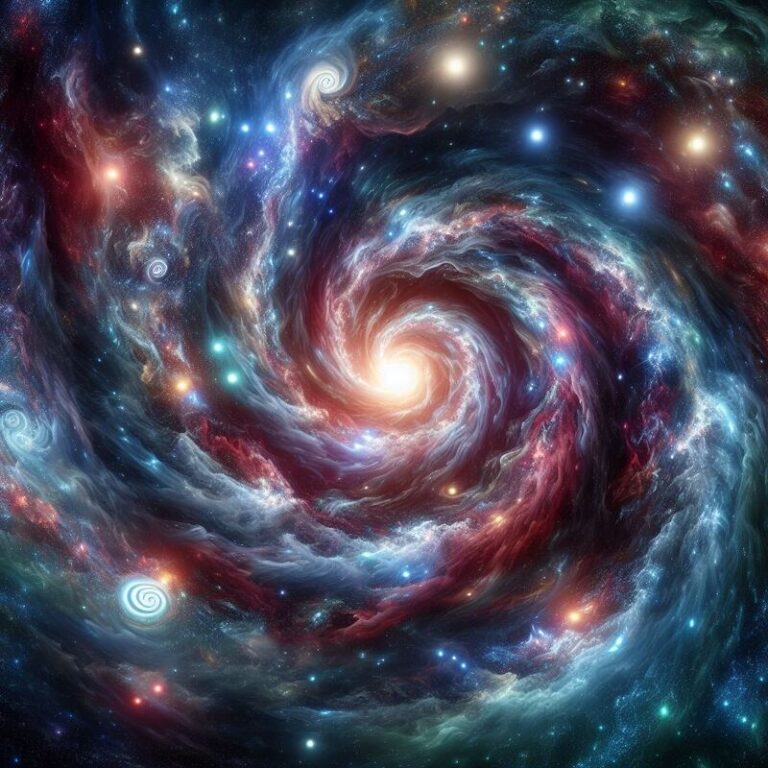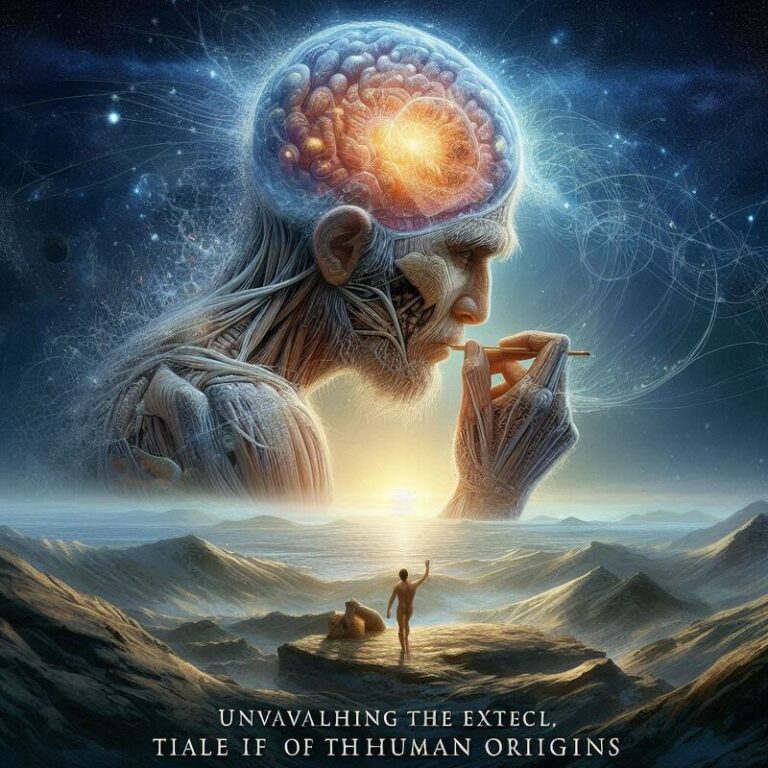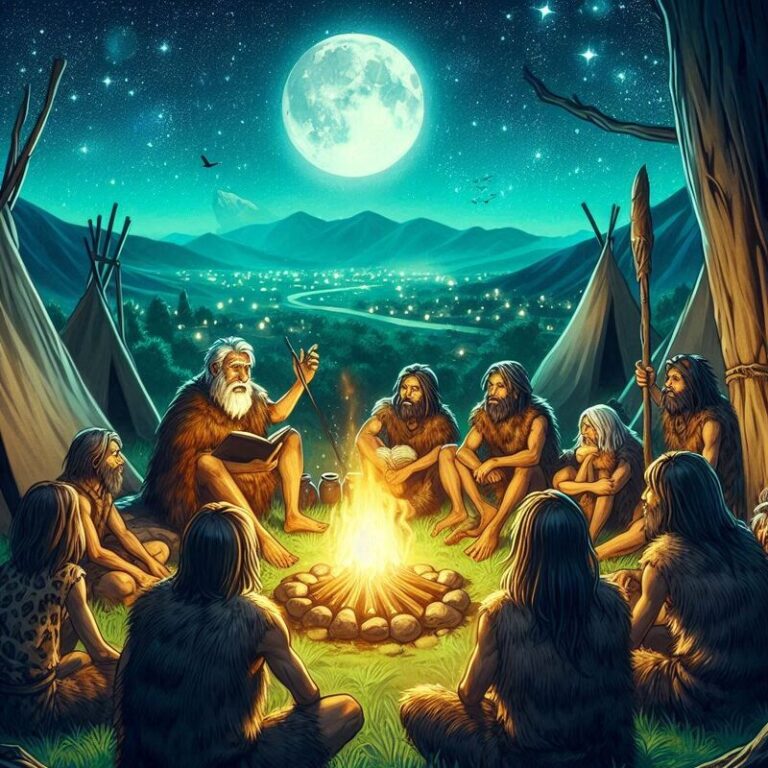From Chaos to Cosmos
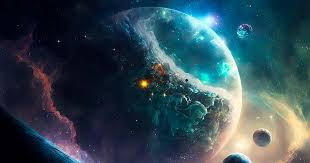
From Chaos to Cosmos
From Chaos to Cosmos: The Fascinating Stories of Creation Across Cultures
Human beings have always sought to understand their origins. From the vast emptiness of space to the complex tapestry of life on Earth, creation myths are the stories we have told to make sense of our beginnings. These myths, which vary across cultures, share common themes of chaos, transformation, and the emergence of order. They offer a glimpse into the collective human psyche, reflecting our hopes, fears, and understanding of the universe. This article explores some of the most intriguing creation myths from different cultures, revealing the rich diversity and underlying similarities in these narratives.
The Primordial Chaos
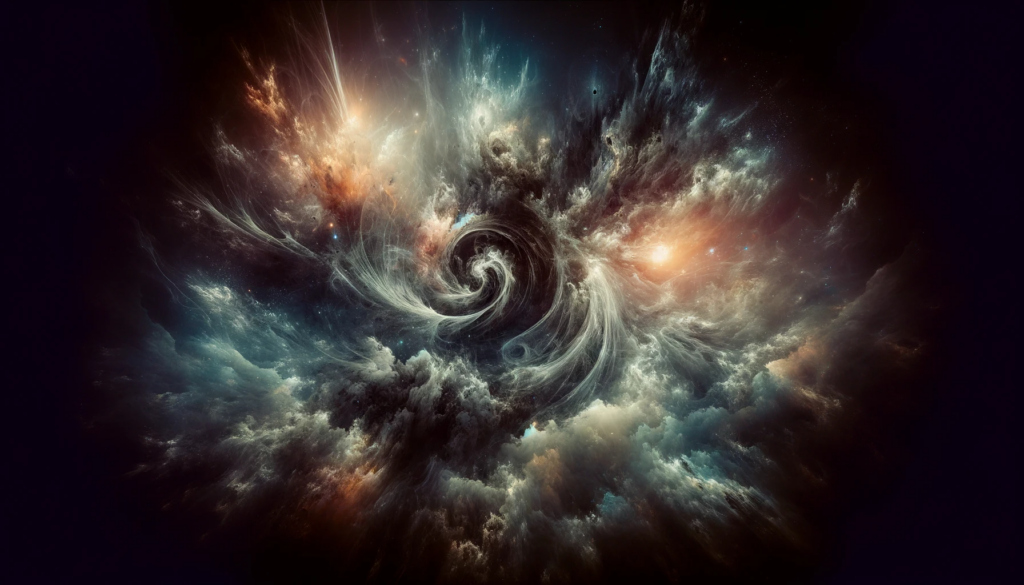
In many cultures, creation begins with chaos—an undifferentiated, formless state from which the cosmos emerges. This primordial chaos often represents potentiality, the raw material from which the world is shaped. From Chaos to Cosmos
Greek Mythology: The Birth of the Gods
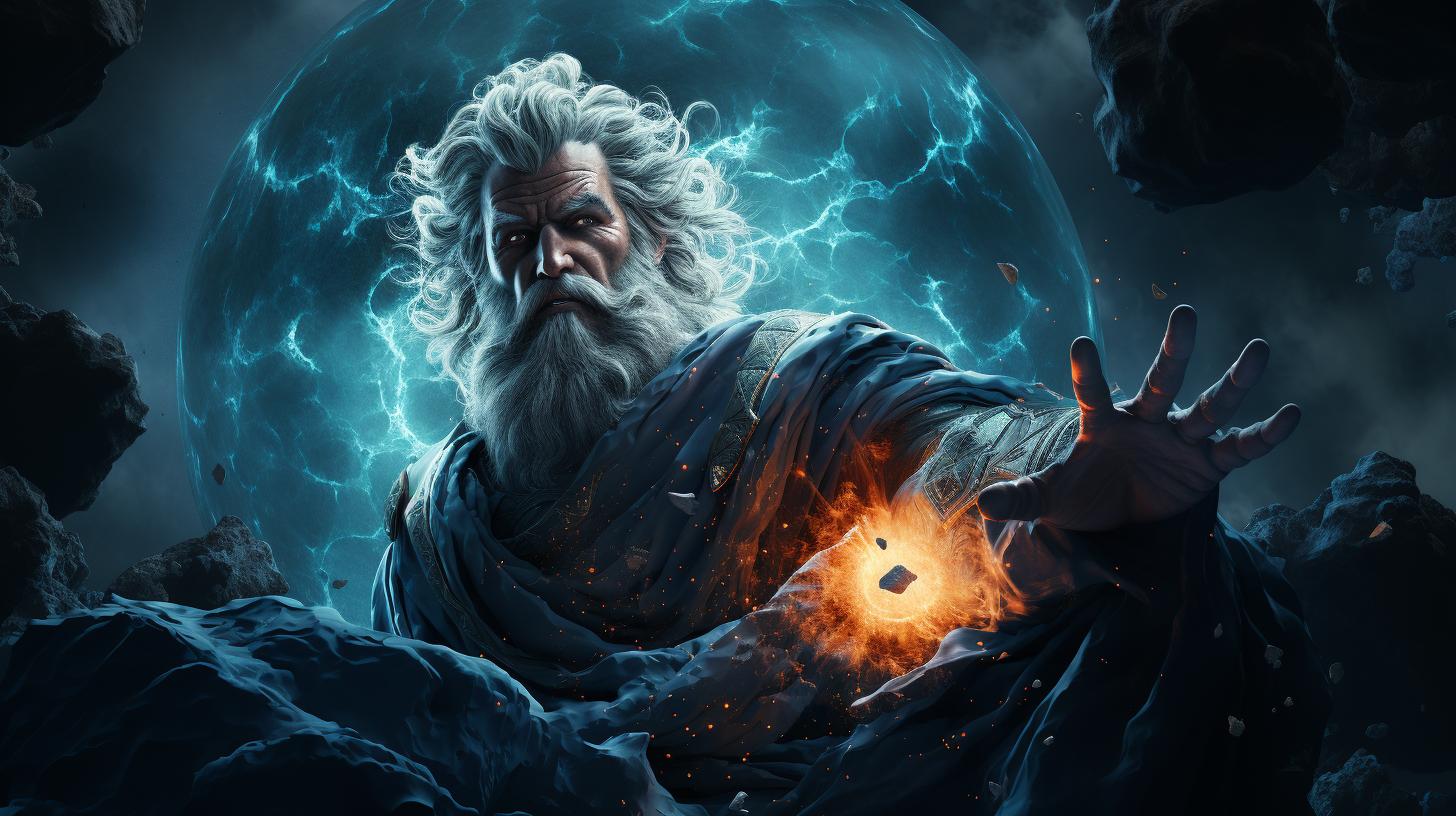
In Greek mythology, the universe begins with Chaos, a yawning void. From this emptiness arise primordial deities: Gaia (Earth), Tartarus (the Underworld), Eros (Love), Erebus (Darkness), and Nyx (Night). Gaia, the Earth, gives birth to Uranus (the Sky), and together they produce the Titans, the Cyclopes, and the Hecatoncheires (hundred-handed giants). The narrative continues with a series of cosmic battles and power struggles, ultimately leading to the reign of the Olympian gods, headed by Zeus. This myth emphasizes the transition from disorder to order, highlighting themes of power, conflict, and hierarchy.
Egyptian Mythology: The Cosmic Egg
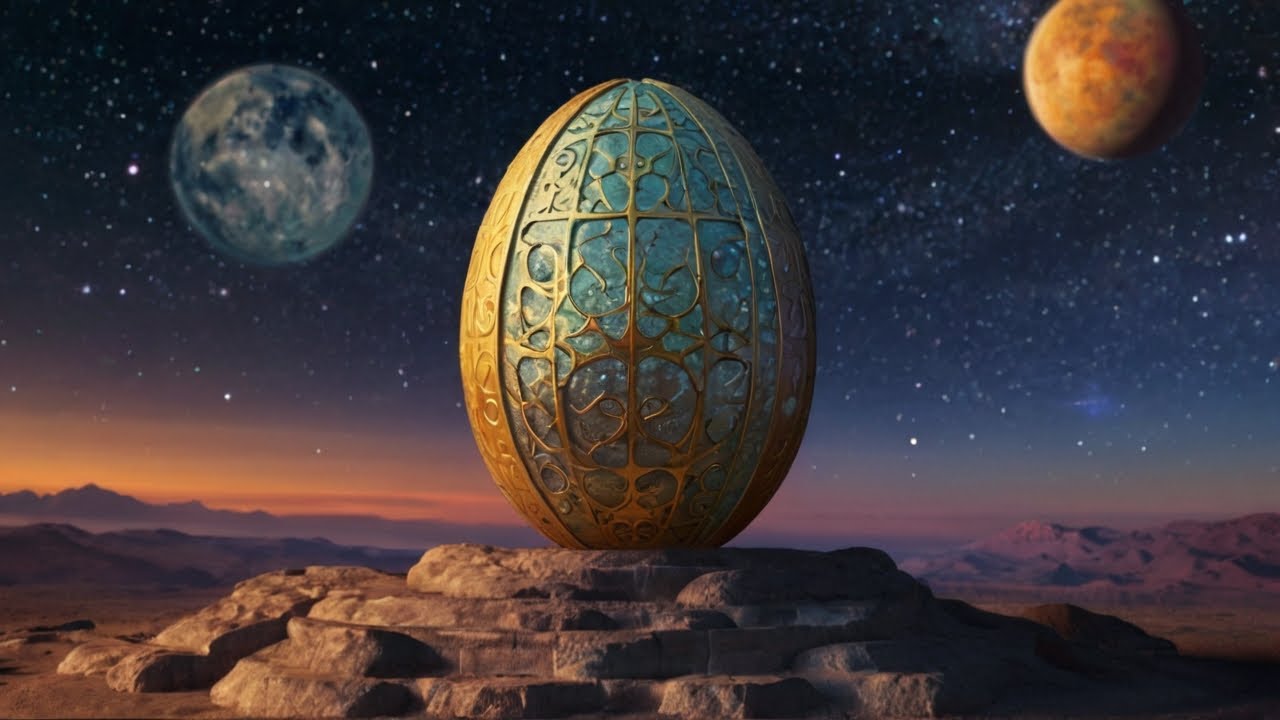
In Egyptian mythology, the creation story begins with the watery chaos called Nun. From Nun emerges a primordial hill, upon which the god Atum stands. Atum, through an act of self-creation, produces the gods Shu (Air) and Tefnut (Moisture), who in turn give birth to Geb (Earth) and Nut (Sky). These deities form the foundation of the world. Another version of the myth involves a cosmic egg, which hatches to reveal the sun god Ra. The Egyptians saw creation as a process of emergence and differentiation, where the gods play central roles in bringing order to the cosmos. From Chaos to Cosmos
Creation Through Sacrifice
Many myths involve the idea of creation through sacrifice, where a deity or primordial being is dismembered to form the universe.
Norse Mythology: Ymir’s Body
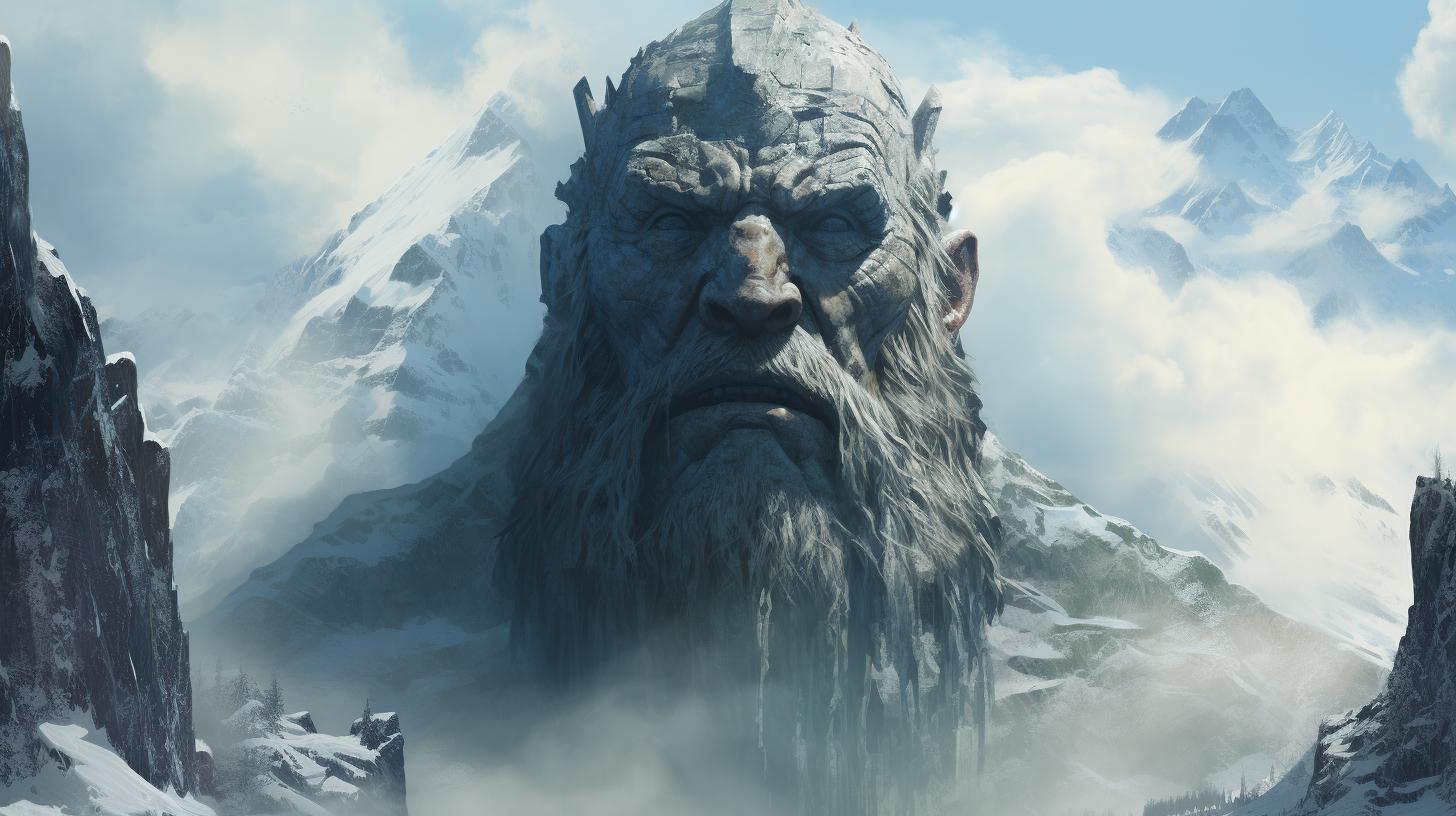
In Norse mythology, the world is created from the body of the giant Ymir. According to the myth, Ymir is slain by Odin and his brothers, Vili and Vé. They use Ymir’s flesh to create the earth, his blood to form the seas, his bones to construct mountains, and his hair to grow forests. His skull becomes the sky, and his brain is scattered to create clouds. This myth illustrates the idea that creation is a transformative process, requiring destruction and reassembly to produce a structured world.
From Chaos to Cosmos
Hindu Mythology: Purusha’s Sacrifice
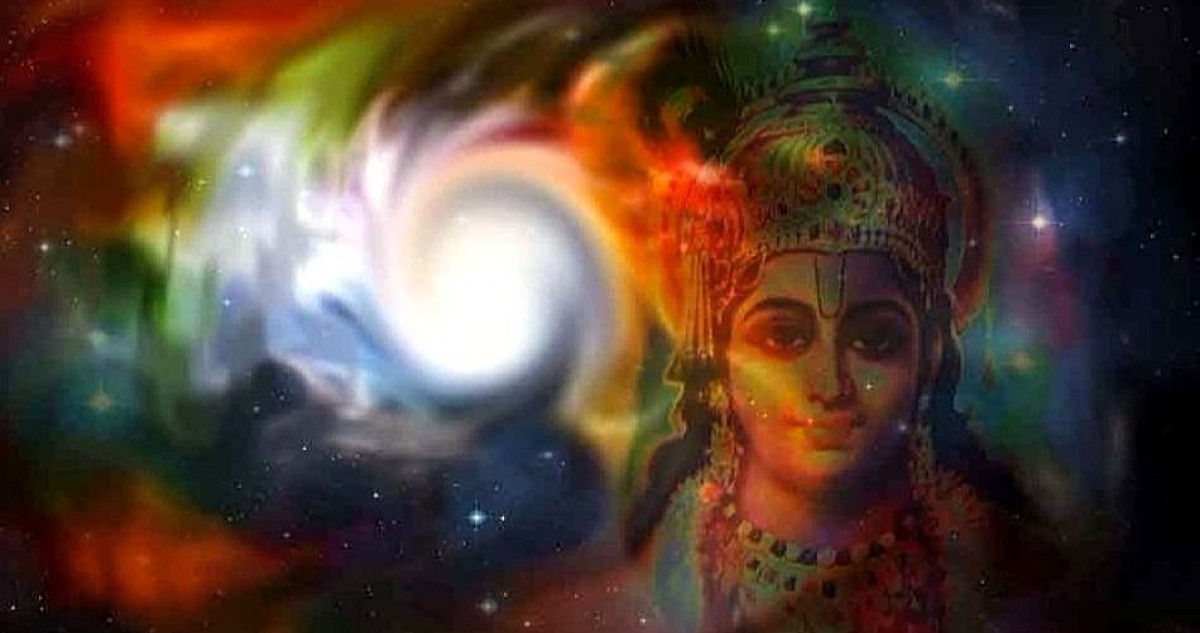
The Rigveda, one of the oldest Hindu scriptures, describes the cosmic sacrifice of Purusha, a primordial being. In the Purusha Sukta, the gods sacrifice Purusha, and from his body, the universe is created. His mouth becomes the Brahmins (priests), his arms the Kshatriyas (warriors), his thighs the Vaishyas (merchants), and his feet the Shudras (laborers). This myth not only explains the creation of the physical world but also establishes the social order, highlighting the interconnectedness of the cosmos and human society.
Creation from the Spoken Word
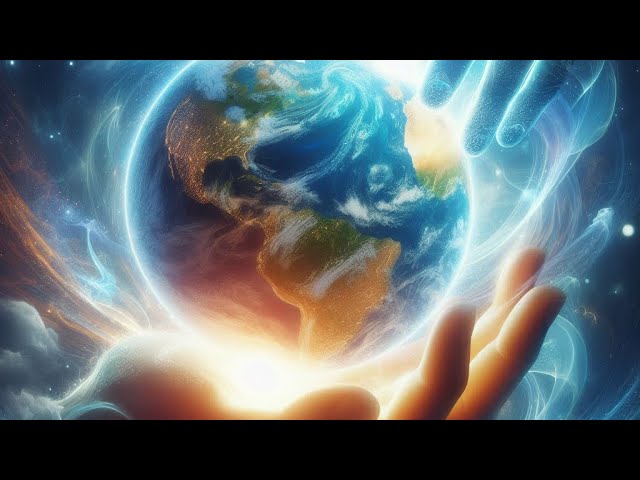
The power of the spoken word is a common theme in many creation myths, where the act of speaking or singing brings the world into existence. From Chaos to Cosmos
Judeo-Christian Tradition: The Word of God
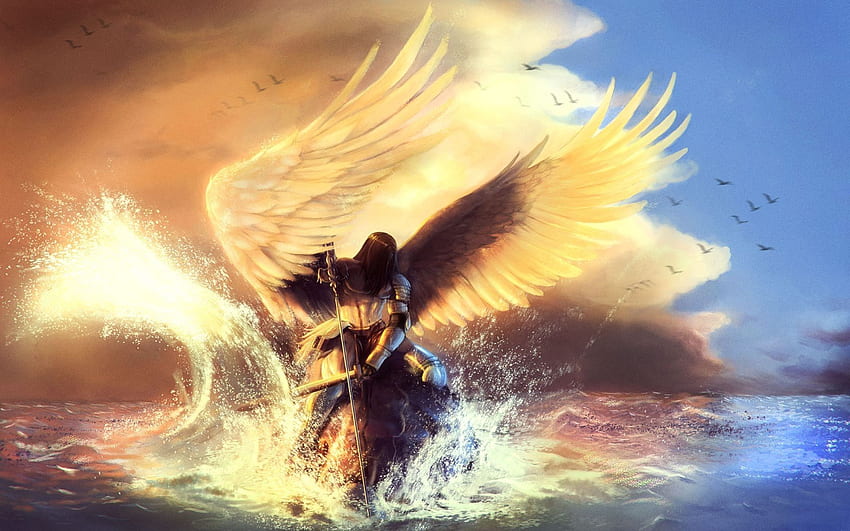
In the Judeo-Christian tradition, the Book of Genesis describes creation as an act of divine speech. God speaks the world into existence in six days, beginning with light and culminating in the creation of human beings. “And God said, ‘Let there be light,’ and there was light.” This phrase exemplifies the belief in the creative power of the divine word. The Genesis account emphasizes the omnipotence of God and the orderly nature of creation, with each element being declared “good.”
Maori Mythology: The Song of Creation
In Maori mythology, creation is brought about through the chanting of sacred songs. Io, the supreme being, initiates creation with karakia (prayers and incantations). These chants bring forth the separation of Rangi (Sky Father) and Papa (Earth Mother), leading to the emergence of light and life. The power of the spoken word in this context reflects the Maori belief in the spiritual and creative force of language and ritual. From Chaos to Cosmos
Dualism and Balance
Some creation myths emphasize dualism and the balance between opposing forces as central to the creation process.
Chinese Mythology: Yin and Yang
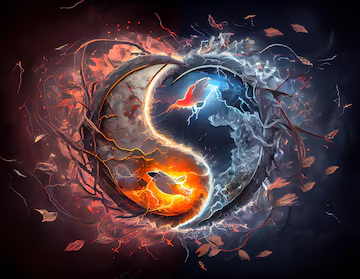
In Chinese mythology, the concept of Yin and Yang represents the dualistic nature of the universe. According to the creation myth, the universe begins as a formless chaos, from which the dual principles of Yin (feminine, dark, passive) and Yang (masculine, light, active) emerge. These forces interact and harmonize to create the cosmos. Pangu, a primordial giant, is often associated with this myth. He awakens within the cosmic egg, and as he grows, he separates Yin and Yang, forming the Earth and the Sky. Upon his death, Pangu’s body transforms into various elements of the natural world, similar to the Norse myth of Ymir. From Chaos to Cosmos
Zoroastrianism: The Battle of Good and Evil
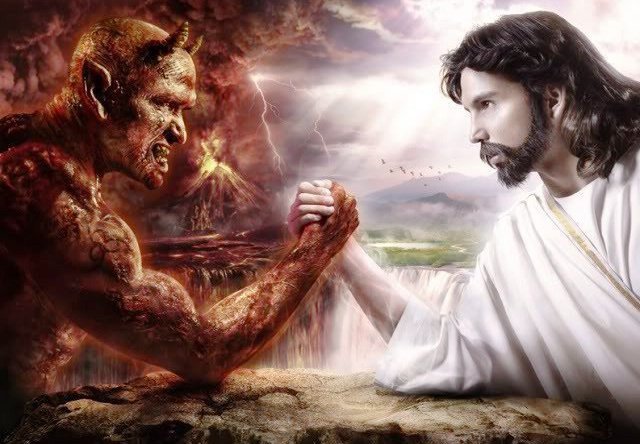
Zoroastrianism, one of the world’s oldest monotheistic religions, presents a dualistic view of creation. Ahura Mazda, the god of light and goodness, creates the world as a battleground against Angra Mainyu, the spirit of darkness and evil. This myth emphasizes the ongoing struggle between good and evil, with the material world being a manifestation of this cosmic conflict. The Zoroastrian creation story highlights themes of moral dualism, the importance of human choice, and the ultimate triumph of light over darkness. From Chaos to Cosmos
Conclusion
Creation myths from around the world reveal the rich tapestry of human imagination and the diverse ways in which different cultures have sought to understand their origins. Whether through chaos, sacrifice, the spoken word, or dualistic principles, these myths reflect fundamental human concerns about the nature of existence, the origins of life, and the structure of the universe. Despite their differences, these stories share common themes that speak to the universal human experience: the transition from disorder to order, the interplay of creation and destruction, and the search for meaning in the cosmos. By exploring these fascinating narratives, we gain insight into the collective consciousness of humanity and the enduring power of myth.
